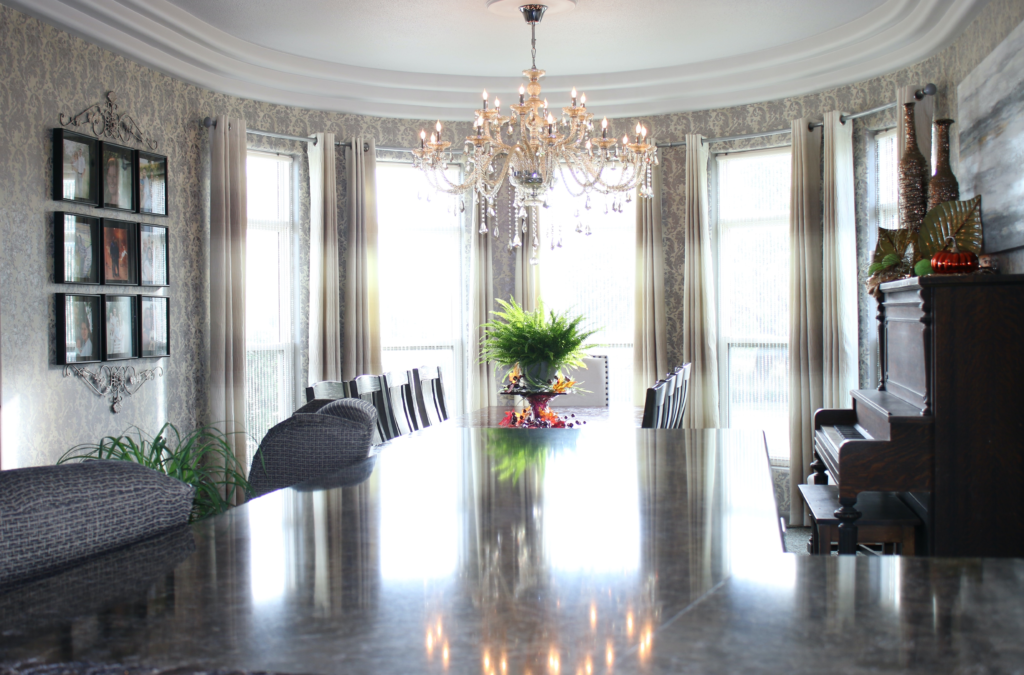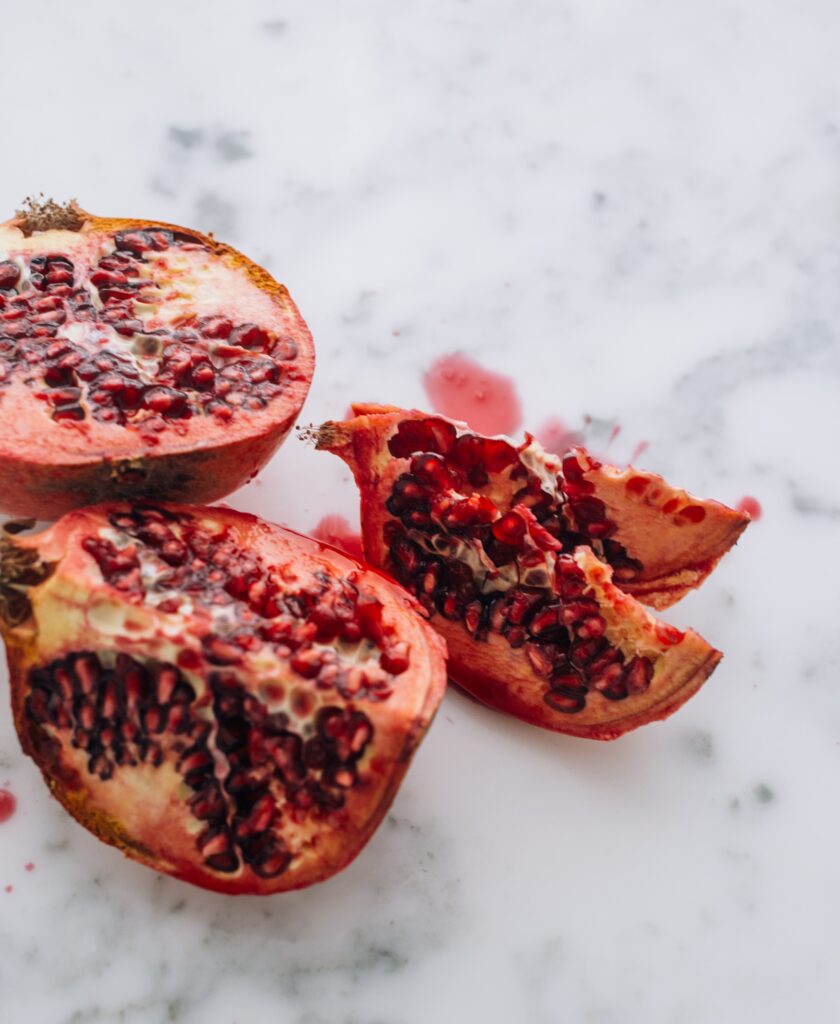Quartz countertops have gained popularity due to their durability, beauty, and low maintenance requirements. However, to ensure their long-lasting shine and cleanliness, you should clean them properly.
In this article, we will provide you with six essential tips to remember when cleaning quartz countertops, helping you maintain their pristine condition for years to come
Key Points
Tip 1: Avoid using harsh cleaners and opt for a gentle cleaning solution using mild dish soap and warm water.
Tip 2: Always use a soft cloth or sponge to clean the quartz countertop and avoid abrasive materials.
Tip 3: Wipe up spills immediately to prevent potential staining, and use a gentle cleaning solution for residue or stains.
Tip 4: Address different types of stains with specific cleaning methods, such as blotting and using baking soda paste, rubbing alcohol, or a mixture of mild dish soap and warm water.
Tip 5: Protect the quartz countertop from heat by using trivets or hot pads, and prevent scratches by using cutting boards.
Tip 6: Regularly clean the quartz countertop with a soft cloth or sponge, a mild dish soap and warm water solution, and thoroughly rinse and dry the surface. Occasional application of quartz countertop polish can help maintain its shine.

What Stains My Quartz Countertops?
Quartz countertops are manufactured to be non-porous, which means that they do not allow liquids or gases to penetrate the surface.
This is due to the composition of quartz countertops being made up of 93% natural quartz crystals, one of the hardest minerals found in nature, and 7% resin binders and pigments.
Keeping your quartz countertop stain-free requires knowing the common culprits that cause these stains in the first place.
Here’s a table that shows what types of stains get into quartz countertops and what causes them:
| Stain Type | Causes |
| Oil-based stains | Grease, oil, and other oily substances can leave stains on quartz surfaces if not cleaned up promptly. |
| Acidic stains | Acidic substances such as lemon juice, vinegar, or certain cleaning products containing acidic ingredients can cause discolouration or etching on quartz countertops. |
| Pigmented or coloured stains | Substances like coffee, tea, red wine, fruit juice, or other coloured liquids can leave stains on quartz surfaces if not wiped up quickly. |
| Permanent marker or ink stains | Certain ink-based products like permanent markers, ink pens, or dyes can leave stains on quartz countertops. |
| Rust stains | Rust can stain quartz countertops if metal objects that are prone to rust (e.g., iron utensils) are left on the surface for extended periods of time. |
6 Tips To Maintain Your Quartz Countertop Stain-Free
Quartz countertops have become increasingly popular in modern kitchens due to their durability, beauty, and low maintenance requirements.
However, despite being highly resistant to staining, quartz countertops can still be susceptible to certain types of stains if not properly cared for.
To ensure that your quartz countertops remain flawless and stain-free, here are five essential tips to follow.
Tip 1: Avoid harsh cleaners
To keep your quartz countertops looking their best, you should avoid using harsh cleaners that can harm the surface.
Using bleach or abrasive scrubbing pads can cause scratches and dull the polished finish of your countertops. Instead, choose a gentler approach when cleaning.
If you want to clean your quartz countertop, you can create a gentle cleaning solution using a few drops of mild dish soap and warm water.
Apply this solution to the counter using a soft sponge or cloth, and gently scrub away any dirt or stains. Avoid using excessive force or scrubbing in circular motions, as this can lead to scratches.
For tougher stains, you can try using rubbing alcohol, but be sure to dilute it with water and use it sparingly. After cleaning, remember to thoroughly rinse the counter with clean water to remove any soap residue.

Tip 2: Always use soft cloth or sponges
When it comes to cleaning your quartz countertops, it’s important to use the right materials. Always opt for a soft cloth or sponge, as these will be gentle on the surface and help maintain its quality. Avoid using abrasive materials that could potentially scratch or damage the countertops.
Using a soft cloth or sponge dipped in soap and water, you can effectively remove stains and spills from your quartz counter without causing any harm. These materials are safe to use and won’t leave any unwanted debris behind.
Tip 3: Wipe up spills immediately
One important step in achieving this is to promptly wipe up any spills that occur on the surface. While quartz countertops are generally resistant to stains, they can still potentially leave marks if left unattended for too long.
When a spill happens, act quickly by grabbing a soft cloth or paper towel to absorb the liquid. Instead of wiping or rubbing the spill, which can spread it and increase the chance of staining, gently blot it up.
If the spill leaves behind a residue or stain, you can use a gentle cleaning solution specifically designed for quartz countertops.
Apply the solution to a soft cloth and gently wipe the affected area. Afterwards, rinse the surface with water and thoroughly dry it.
Addressing spills promptly can prevent tough stains from setting into your quartz countertops. This will help to maintain their pristine appearance and ensure their long-lasting durability.
Tip 4: Address stubborn stains
The stubborn stains we listed above can be effectively addressed using a variety of methods and cleaning solutions.
Here is a table showing each stain and how to clean them:
| Stains | How to Clean |
|---|---|
| Oil-based stains | Start by blotting up any excess oil with a clean cloth or paper towel. Then, use a mild dish soap and warm water mixture to gently scrub the stained area. Rinse the countertop thoroughly with water and dry it with a clean cloth. |
| Acidic stains | If your quartz countertop has an acidic stain or etching, avoid using abrasive cleaners or scrubbing too vigorously as it can further damage the surface. Instead, create a paste of baking soda and water, and gently rub it onto the stained area. Allow the paste to sit for a few minutes before rinsing it off with water and drying the countertop. |
| Pigmented or coloured stains | For stains caused by coloured liquids or foods, immediately blot up any excess liquid using a cloth or paper towel. Then, prepare a mixture of mild dish soap and warm water and use it to gently scrub the stained area. Rinse thoroughly with water and dry the countertop completely. |
| Permanent marker or ink stains | Start by applying rubbing alcohol to a clean cloth or paper towel. Gently dab the stained area, being careful not to scrub too hard. Continue blotting until the stain lifts. Rinse with water and dry the countertop. |
| Rust stains | Prepare a paste of baking soda and water and apply it to the rust stain on the quartz surface. Allow the paste to sit on the stain for a few minutes, then gently scrub it using a soft cloth or sponge. Rinse the countertop thoroughly with water and dry it completely. |
Remember to always test each cleaner in a small, inconspicuous area before applying it to the entire stain. This is to make sure that the cleaner does not cause any damage or discolouration to the surface or material you are cleaning.

Tip 5: Protect from heat and sharp objects
To protect your quartz countertops from damage from heat and sharp objects, it’s important to follow a few simple guidelines:
- Use trivets or hot pads to shield the surface from direct heat sources, such as hot pots and pans. Although quartz is heat resistant, extreme temperatures can still cause damage like cracks or discolouration. By using trivets or hot pads, you create a protective barrier that prevents thermal shock.
- Sharp objects can scratch your quartz countertops. To avoid this, always use a cutting board when preparing food. Knives and other sharp utensils can easily leave marks on the surface if used directly. By using a cutting board, you safeguard your countertops from unnecessary damage.
Tip 6: Maintain regular cleaning
Maintaining the cleanliness of your quartz countertops is essential to keep them looking their best. Quartz is a durable and low-maintenance material, but it still needs proper care.
To clean quartz countertops regularly, you can follow these steps:
- Start by wiping down the countertop with a soft cloth or sponge to remove any loose debris or crumbs.
- Mix a mild dish soap with warm water in a bucket or spray bottle. Use about 1 tablespoon of soap per quart of water.
- Apply the soapy water solution to the countertop surface and scrub gently with a non-abrasive sponge or cloth. Be sure to clean all areas, including edges and corners.
- Rinse the countertop thoroughly with clean water to remove any soap residue. You can use a damp cloth or sponge to do this. Make sure to remove all soap residue, as it can leave streaks or a film on the countertop.
- Dry the countertop with a clean, soft cloth or towel. This will help prevent water spots and streaks from forming.
- To maintain the shine and lustre of your quartz countertop, you can occasionally apply a quartz countertop polish according to the manufacturer’s instructions.
How Stone Protection Can Help Remove Stains and Achieve Perfectly Clean Quartz Countertops
If you have stubborn stains that just won’t go away, then Stone Protection can help you deal with them. Stone Protection offers services to clean and maintain your quartz countertops.
Our professionals are trained to analyse the condition of your quartz countertops and identify any specific cleaning or maintenance requirements. We also utilise specialised techniques and professional-grade products to deep clean your quartz countertops.
From deep cleaning and stain removal to sealing and routine maintenance, our services can help your quartz countertops maintain their aesthetic appeal and durability.

Frequently Asked Questions
What can ruin a quartz countertop?
Harsh chemicals, abrasive cleaners, and excessive heat can ruin a quartz countertop.
How do you get fingerprints off quartz?
To remove fingerprints from quartz, you can use a mild detergent and warm water or a quartz-specific cleaner. Gently wipe the surface with a soft cloth.
Can quartz be permanently stained?
While quartz is highly resistant to staining, certain substances like markers, dyes, or prolonged exposure to acidic liquids may leave permanent stains.
Why is my new quartz countertop not shiny?
A new quartz countertop may not appear shiny due to leftover residue from the installation process. Cleaning the surface with a non-abrasive cleaner and polishing with a quartz-specific polish should restore its shine.
Why does quartz stain so easily?
Quartz can sometimes stain easily because it has tiny pores on its surface, which can absorb liquids if not promptly wiped clean. Using a sealer can help reduce the risk of staining.
Can you use vinegar on quartz?
Yes, you can use vinegar on quartz, but it’s important to dilute it with water to prevent any potential damage.





